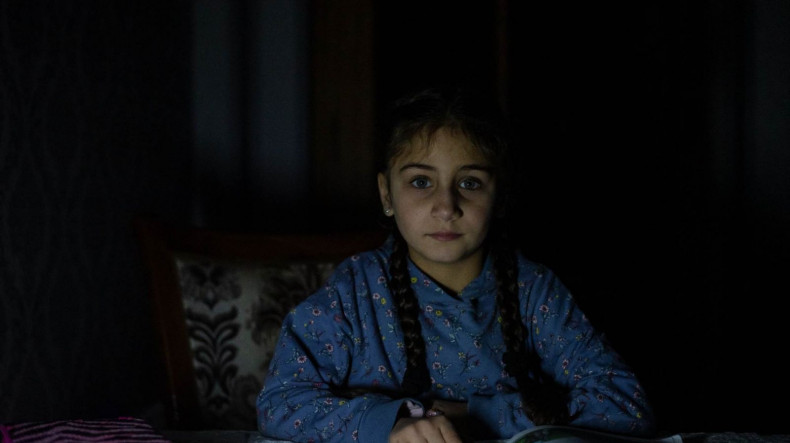
January 24 marks International Education Day; 20,000 children in Artsakh have no access to education amid Azeri blockade
Education is a human right, a public good and a public responsibility.
The United Nations General Assembly proclaimed 24 January as International Day of Education, in celebration of the role of education for peace and development.
Today, 262 million children and youth still do not attend school, 617 million children and adolescents cannot read and do basic math, UNESCO reports.
According to the authorities in Artsakh (Nagorno-Karabakh), 41 kindergartens, 56 pre-schools and 20 all-day schools are shut down in the country because of severe food shortages amid the ongoing Azerbaijani blockade of the Lachin corridor, the only road linking Artsakh to Armenia and the outside world.
6,828 children cannot attend kindergartens, pre-schools and all-day schools. 117 schools have been closed in Artsakh due to the disruption of electricity and gas supplies and nearly 20,000 children are deprived of their right to education.
The right to education is enshrined in article 26 of the Universal Declaration of Human Rights. The declaration calls for free and compulsory elementary education. The Convention on the Rights of the Child, adopted in 1989, goes further to stipulate that countries shall make higher education accessible to all, the UN official website reports.
When it adopted the 2030 Agenda for Sustainable Development in September 2015, the international community recognized that education is essential for the success of all 17 of its goals. Sustainable Development Goal 4, in particular, aims to “ensure inclusive and equitable quality education and promote lifelong learning opportunities for all” by 2030.
Education offers children a ladder out of poverty and a path to a promising future. But about 244 million children and adolescents around the world are out of school; 617 million children and adolescents cannot read and do basic math; less than 40% of girls in sub-Saharan Africa complete lower secondary school and some four million children and youth refugees are out of school. Their right to education is being violated and it is unacceptable.
Without inclusive and equitable quality education and lifelong opportunities for all, countries will not succeed in achieving gender equality and breaking the cycle of poverty that is leaving millions of children, youth and adults behind.
The photo above has been taken in Artsakh.
Newsfeed
Videos






























